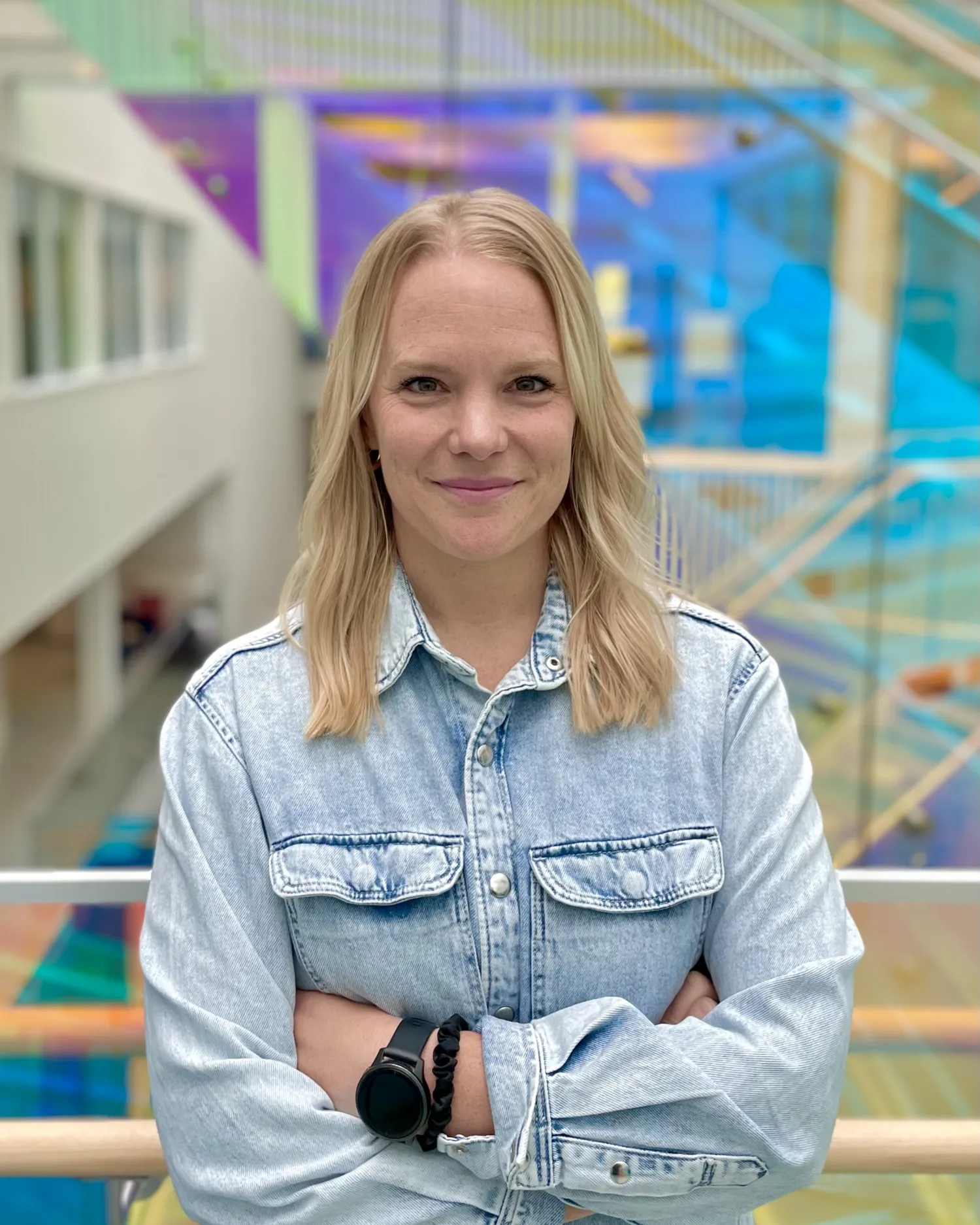Researchers at Karolinska Institutet have identified a vulnerability in certain blood cancer cells that makes it possible to eliminate the cancer cells with a drug, without harming healthy cells. The study is published in the scientific journal Leukemia.
The blood cancer type myelodysplastic syndrome (MDS) is difficult to treat and primarily affects older individuals. Now, researchers at Karolinska Institutet have discovered that a specific genetic alteration, a mutation in the SF3B1 gene, causes the cancer cells to process their genetic material incorrectly. This leads to the improper formation of an important protein, UBA1.

"Without sufficient UBA1, the cells struggle to manage other proteins, which makes them vulnerable," says Vanessa Lundin , researcher at the Department of Medicine, Huddinge .
The researchers tested the drug TAK-243, which blocks the UBA1 protein. The results showed that the drug effectively killed the diseased cells, while the healthy cells, which have normal levels of the UBA1 protein, were unaffected. This was confirmed in several different models, including cells from actual patients.
Could enable targeted treatment
Current treatments for MDS mainly focus on alleviating symptoms, such as anaemia. The only method currently available to cure MDS is stem cell transplantation, but this is a treatment that comes with risks and is challenging for the patient. Therefore, there is a great need for new, more targeted drugs.

"This opens the door to a new type of treatment that directly targets the mutated cancer cells," says the study's first author Jonas Thier , doctoral student in Vanessa Lundin's research group.
The study is based on an advanced laboratory model in which the researchers used so-called induced pluripotent stem cells from MDS patients. These cells were transformed into blood cells in the lab, making it possible to study the disease in detail without relying on hard-to-access patient material.
The next step: Combination treatments
The researchers now plan to move forward with testing combinations of drugs to make the treatment even more effective. The goal is to eventually be able to use the results of the research clinically to treat patients with MDS.
The study's main funders were the Swedish Research Council, the Swedish Cancer Society, Cancer Research KI, KID Grants, Foundation Grants, Dr. Åke Olsson's Foundation, Axel and Eva Wallström's Foundation, Felix Mindus Contribution to Leukemia Research, Myelodysplastic Syndromes Foundation Inc., and the Knut and Alice Wallenberg Foundation.
Publication
"SF3B1-mutant models of RNA mis-splicing uncover UBA1 as a therapeutic target in myelodysplastic neoplasms" , Jonas Thier, Sophia Hofmann, Katharina M. Kirchhof, Gabriele Todisco, Teresa Mortera-Blanco, Ingrid Lilienthal, Dimitris C. Kanellis, Indira Barbosa, Ann-Charlotte Björklund, André G. Deslauriers, Jiri Bartek, Nikolas Herold, Elli Papaemmanuil, Eirini P. Papapetrou, Eva Hellström-Lindberg, Pedro L. Moura, Vanessa Lundin, Leukemia, online 26 August 2025, doi: 10.1038/s41375-025-02740-1






